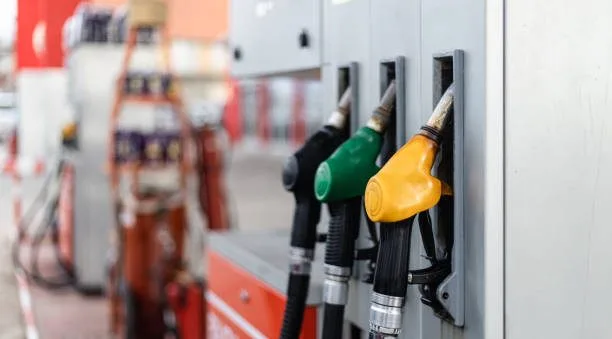GTYA Slams Government Over “1 Ghana, 1 Litre” Fuel Levy, Calls for Transparency and Real Power Sector Reform
Green Tax Youth Africa (GTYA), a youth-led policy advocacy group, has issued a sharply worded critique of Ghana’s latest energy sector tax policy, describing the newly introduced “1 Ghana, 1 Litre” levy on petrol and diesel as a regressive measure that deepens existing socioeconomic inequalities, particularly among women and youth.
The group’s Executive Director, Benaiah Nii Addo, in a public statement, warned that the fuel levy — passed by Parliament under a certificate of urgency — exemplifies the government’s recurring reliance on short-term fiscal tools that fail to address the structural failures in Ghana’s energy sector. “This policy is not novel. It is part of a rollercoaster fiscal approach where the government reaches for low-hanging fruit,” Addo said.
The levy, which is expected to raise GHS 5.7 billion in revenue, represents a significant escalation compared to the GHS 2.28 billion generated by previous energy-related levies between 2021 and 2023. According to GTYA, the new measure will likely aggravate the cost of living crisis already felt across the country, raising prices on transportation and food and amplifying disparities in access to energy.
While the government has defended the levy as necessary to service interest payments on energy sector debts, critics argue that repeated bailouts and legislative interventions have failed to deliver tangible improvements in reliability, infrastructure investment, or cost efficiency. “The fiscal and the social contract have failed,” said Addo, lamenting the lack of transparency and citizen engagement in the decision-making process.
Between 2020 and 2024, Ghana introduced a raft of fiscal measures ostensibly aimed at power sector recovery. These include the Energy Sector Recovery Levy, Sanitation and Pollution Levy, and the Emissions Levy — as well as tariff adjustments under the oversight of the Public Utilities Regulatory Commission (PURC). Meanwhile, Ghana’s $3bn Extended Credit Facility agreement with the IMF remains contingent upon progress in energy sector reforms, including arrears clearance and improved governance.
Despite these efforts, the country remains saddled with over $2bn in unpaid obligations to Independent Power Producers (IPPs), persistent load shedding, and rising electricity costs. Many industrial firms continue to rely on diesel-powered generators due to unreliable grid supply, further compounding production costs and dampening economic confidence.
GTYA’s critique extends to the broader political establishment. The group accused both the ruling party and the opposition of perpetuating a cycle of fiscal populism and poor governance. “This is not about partisan politics. It is about transparency, accountability, equity, and sustainability,” Addo noted.
The advocacy group outlined a series of policy recommendations, including the publication of detailed expenditure reports on all energy-related levies, mandatory civic consultation prior to the introduction of new fiscal measures, and increased investments in distribution efficiency and renewable energy. It also called for the creation of an independent oversight body to track the flow and utilisation of energy sector revenues.
While the government has yet to respond formally to the statement, the GTYA’s intervention adds to growing public unease over the economic trajectory and the apparent lack of structural reforms in one of Ghana’s most critical sectors.
The power sector, long viewed as a drag on Ghana’s fiscal and industrial performance, remains a bellwether for the country’s broader economic management. Without a shift in policy orientation, GTYA warns, “the lights will keep going out, and the poor will continue to pay the price.”








